Start Your Service
BMW Repair
Your BMW offers you luxury, performance, and style. The iconic brand has built its reputation through advanced engineering and cutting-edge technology that, together, allow for an exceptional performance on the road. Powerful engines are always a must, while the interior is beautiful and luxurious to make you feel comfortable when on the road. Yet, as it’s with any car, your BMW will certainly need some maintenance and even repairs from time to time.
Most common BMW issues
If you make sure to provide it with proper repair promptly you can remove the risk of having to reach deeper into your pocket or even have to buy a new car.
When you use your car – be it all the time, or rarely at all – some issues are due to arise. And to help you address them quicker, let’s see what you need to know about BMW repair.
Recent BMWs come with modern technology and powerful engines. Yet, this makes them both better cars to drive and more prone to specific issues. And some problems are known to occur most frequently in models manufactured after 2010.
Electrical system malfunctions
The electronics in your car enhance both performance and comfort. But however advanced they are, failures can occur. The most common ones are malfunctioning iDrive infotainment systems, unresponsive touchscreens, and issues with the dashboard display. The sensors, like those for parking assistance, blind-spot monitoring, and lane-keeping, are also prone to glitches or failure.
Oil leaks
On the mechanical side the most common problems are oil leaks. They typically come from the valve cover gaskets, oil filter housing, and rear main seals. Usually the reason is aging seals or high engine temperatures. The thing is, if you don’t provide a proper solution at the get-go, you risk severe engine damage and even total failure. If you notice oil stains on the driveway, a burning oil smell, or low levels, visit a BMW repair shop to check those out.
Cooling system failures
Because the engine provides high performance and power, the cooling systems should work in top condition to prevent overheating. But some components, such as the radiator, water pump, and thermostat, are prone to beak-downs. And if there’s any issue with them, the cooling system can’t work properly and the engine overheats which leads to total damage and the need for replacement if you don’t repair it soon enough. Make sure to check the engine and the cooling system if you notice rising temperature gauges, coolant leaks, and frequent overheating alerts.
Timing chain problems
The N20 and N26 engines used in some BMWs are prone to timing chain issues. That’s the part which synchronizes the engine’s camshaft and crankshaft. If there’s any issue here, the engine can misfire, lose power, or stop working entirely. Always replace it according to the manufacturer’s recommendations at a certain distance depending on the model of your car.
Suspension wear
BMWs have amazing suspensions but because they are so sophisticated they need even more regular maintenance. Some parts, like control arms, bushings, and shock absorbers, quickly wear out if you drive aggressively or on rough roads. Should that happen, then the tires will experience uneven wear, your comfort will be reduced, and even the handling may become harder.
Transmission problems
One of the most-feared issues are the automatic transmission problems. If you experience any delayed shifting, gear slipping, and transmission fluid leaks, visit a BMW repair shop as soon as possible. If you neglect such issues, they may lead to transmission failure and you’ll have to completely replace it which becomes a costly endeavor.
Keep an eye out for these common problems and ensure regular maintenance to save both time and money in the long run. If you notice warning signs, reach out to a BMW auto repair to prevent bigger issues.
Brands We Work With
How much is BMW repair?
Those costs can vary significantly depending on the model and year of the car, as well as the nature of the problem. Let’s check some of the ranges, though.
Routine maintenance
Routine maintenance is a must for any car and through it you ensure that small issues are quickly discovered and repaired before turning into bigger and more costly breakdowns.
- Oil changes
An oil change varies along the range of $100 and $200. BMWs require high-quality synthetic oil according to the manufacturer specifications and it’s not recommended to cheap out on it because if the oil isn’t the right one for your engine you risk overheating and failure.
- Brake service
One of the most common repairs during regular maintenance is the brake pad replacement. It varies between $300 and $800, depending on your car’s model.
- Tire replacement
Depending on what you need, a new set of tires can range from $800 to $1,500. But high quality tires are a must because they are what influences your car’s safety, performance, and fuel efficiency.
Mechanical breakdowns
Mechanical repairs can be more expensive because the BMWs are quite complex machines. Let’s see some of the most common costs you may need to factor in:
- Cooling system malfunction
Replacing the water pump, thermostat, and radiator can be anywhere between $500 and $1,500. But the sooner you solve those issues, the better because cooling system failures can lead to total engine damage.
- Suspension issues
The suspension of BMWs needs frequent maintenance and some repairs from time to time. If you have to replace worn-out control arms, bushings, or shock absorbers you’ll have to pay between $600 and $5,000, especially if the issue is a bigger one.
- Transmission problems
If your car needs some minor repairs they commonly vary in the range from $800 to $2,500. Yet, should you have to replace the transmission entirely you may have to shell out over $10,000 due to the gearshaft being automatic in most recent models.
Choosing BMW repair shops near me
By searching for ‘BMW repair near me,’ you can find a trustworthy repair shop to maintain your vehicle’s performance, reliability, and value. Make sure to use a place certified by BMW because that is what allows for any issue to be diagnosed and resolved efficiently.
You’ll also need a shop that uses genuine parts. Sure enough, aftermarket components may be cheaper, yet they are more prone to faults or breakdowns and they aren’t quality enough to keep your car’s performance and reliability.
Choosing the right shop makes all the difference when it comes to BMWs. Those vehicles are sophisticated and filled to the brim with technology so specialized knowledge is a must. And both maintenance and repair of a BMW car requires proper tailored care with specific know-hows about the given model. All of this is to help you prevent costly breakdowns in the future.
Our Services

Auto Repair
Learn More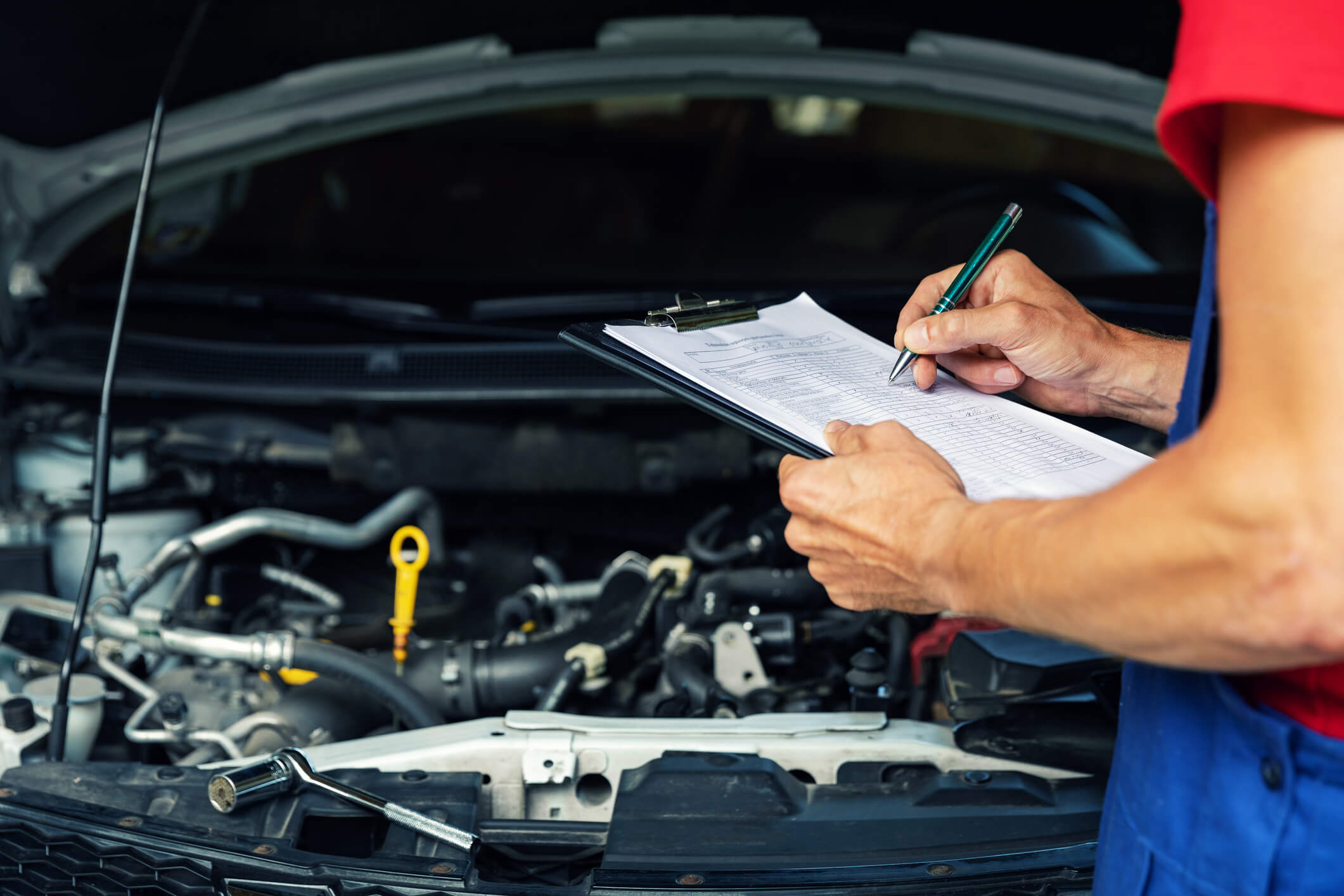
VSSI Service
Learn More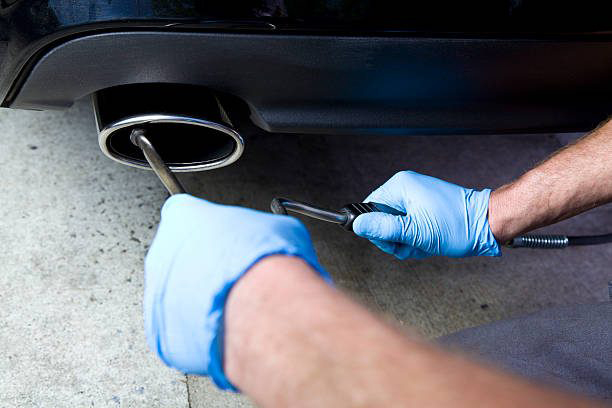
Smog Inspection
Learn More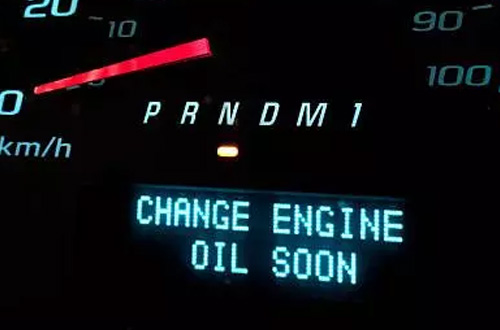
Oil Changes
Learn More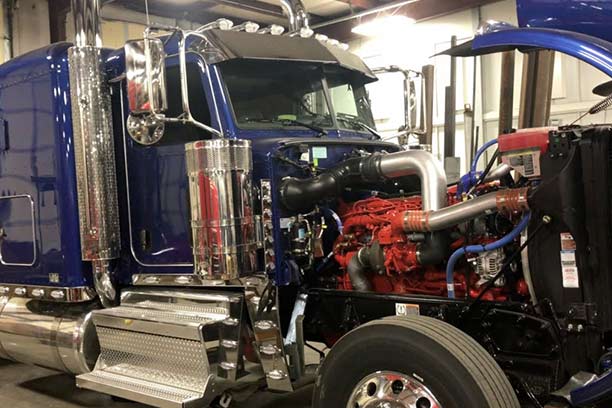
Diesel Repair
Learn More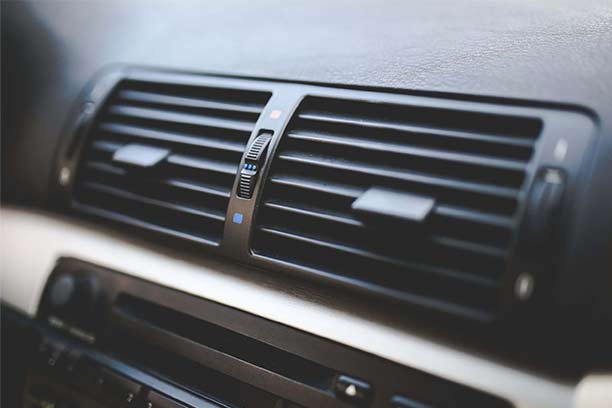
AC Repair
Learn More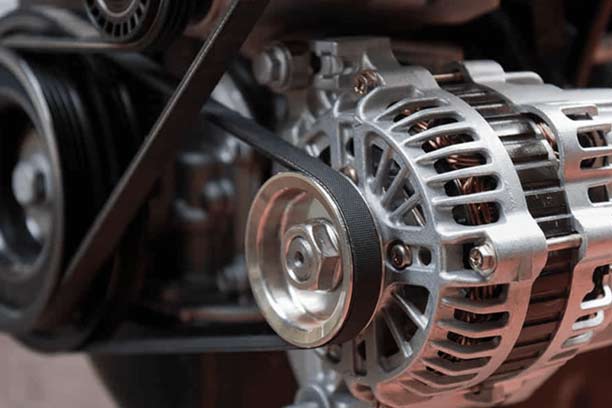
Alternator Repair
Learn More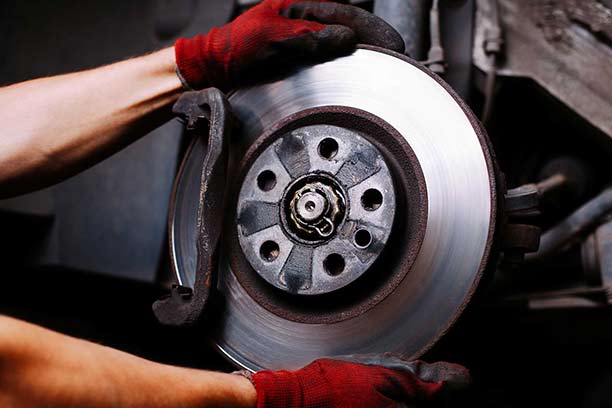
Brake Repair
Learn More
Brake & Lamp Inspection
Learn More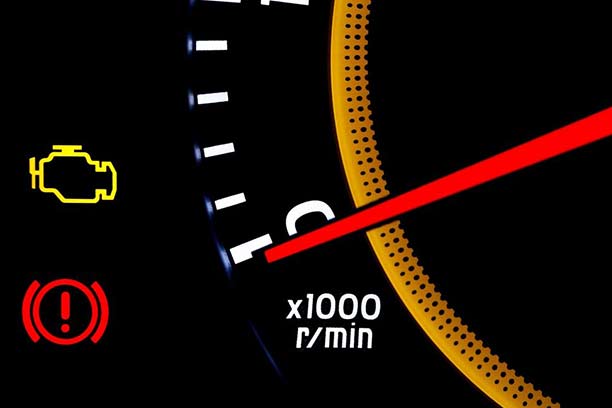
Engine Diagnostics
Learn More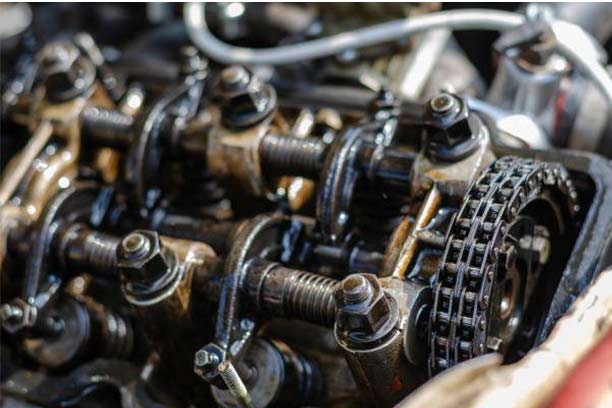
Engine Overhaul
Learn More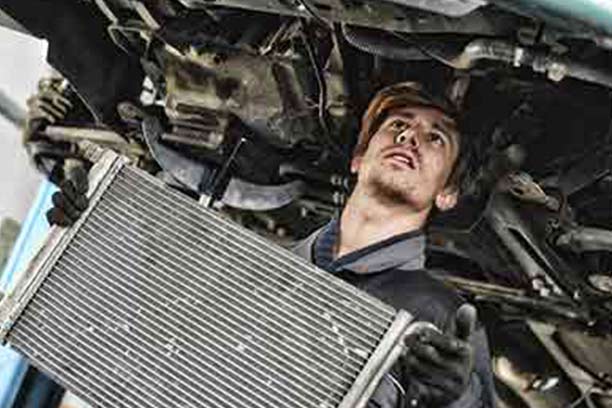
Radiator Repair
Learn More
Fleet Maintenance
Learn More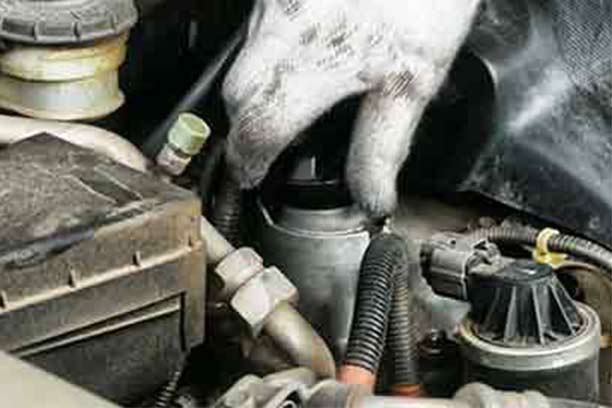
Starter Repair
Learn More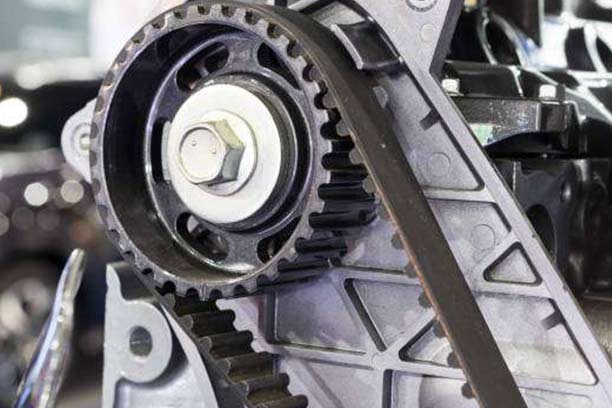
Timing Belt Repair
Learn More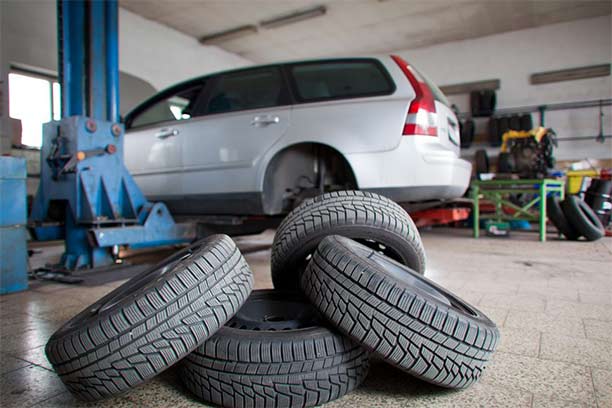
Tire Repair
Learn More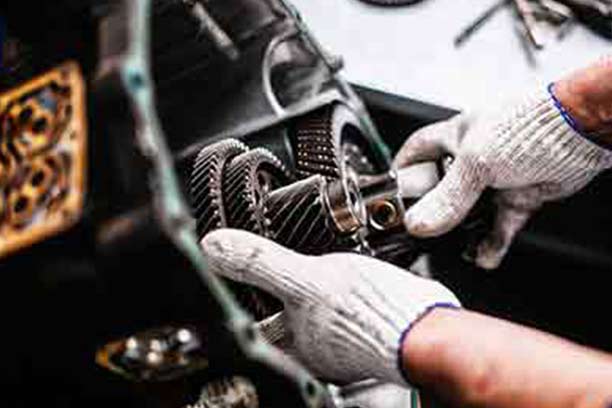
Transmission Repair
Learn More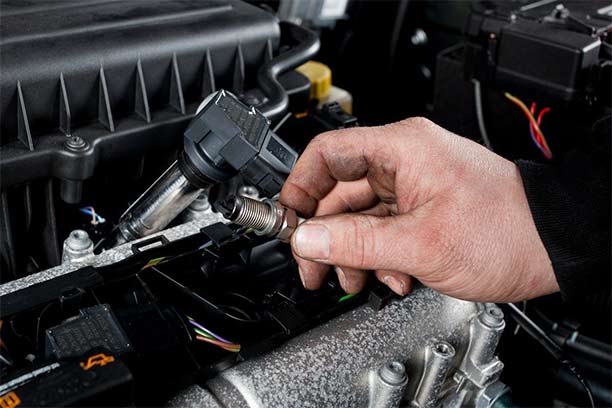
Tune Ups
Learn MoreReviews
Whether you had an outstanding customer experience or you think we have room to grow, tell us about it! We value your feedback and your reviews really help us grow. Let us know how we did!














































